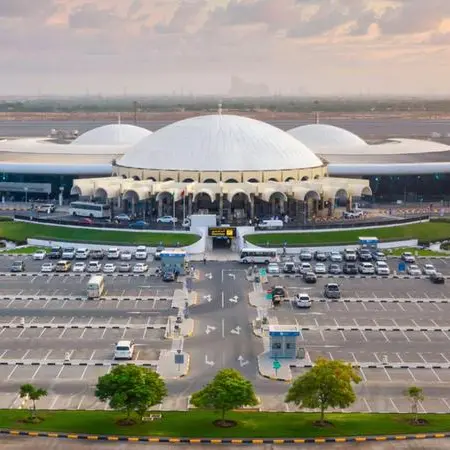KUALA LUMPUR - The Indonesian Palm Oil Association (GAPKI) on Thursday said government plans to roll out a B40 mandate that would require a 40% palm oil mix in domestic diesel could be delayed beyond the end of 2022.
The world's top palm oil producer said in November its plans to raise the bio-content of palm oil-based biodiesel to 40% would likely not happen in 2021, and it increased export levies to finance its B30 programme after the COVID-19 pandemic triggered a collapse in crude oil prices.
"I don't really see the B40 (happening) so fast, even 2022 would depend on the economic and the pandemic situation in 2021," Togar Sitanggang, vice chairman of the GAPKI, told a virtual conference.
The B30 mandate stipulates that diesel in Indonesia contain 30% fatty acid methyl ester (FAME) made out of palm oil.
B40 fuel, though, may be produced using a different formulation, either 40% FAME, or 30% FAME combined with 10% hydrogenated vegetable oil (HVO), Togar said.
"The FAME and HVO blending would depend on the availability of HVO from (Indonesia state energy company) Pertamina and other investors," he said.
Testing of the new formulation has been slowed by the pandemic, he said.
Indonesia's biodiesel blending capacity was 10.2 million tonnes in 2020, and that is set to rise to 12.2 million tonnes this year and to 13.2 million tonnes in 2022, Togar said.
The Southeast Asian nation's biodiesel consumption in 2021 is expected to rise to 8 million tonnes from 7.2 million tonnes last year, Togar said.
Palm oil stockpiles in the Southeast Asian nation are estimated to have expanded to 7.33 million tonnes at the end of 2020 from 4.6 million tonnes a year ago, Togar said.
Indonesia's 2021 crude palm oil production is expected to rise 3.5% from last year to 49 million tonnes, while exports rise 11.5% to about 37 million tonnes, he said.
(Reporting by Mei Mei Chu; Editing by Tom Hogue) ((meifong.chu@thomsonreuters.com; +6-139-492-9424; Reuters Messaging: @meixchu on Twitter))




















